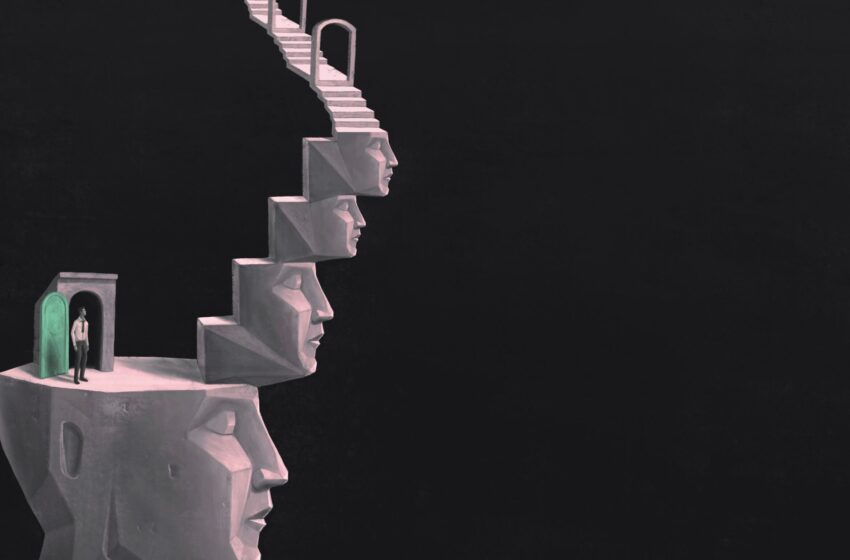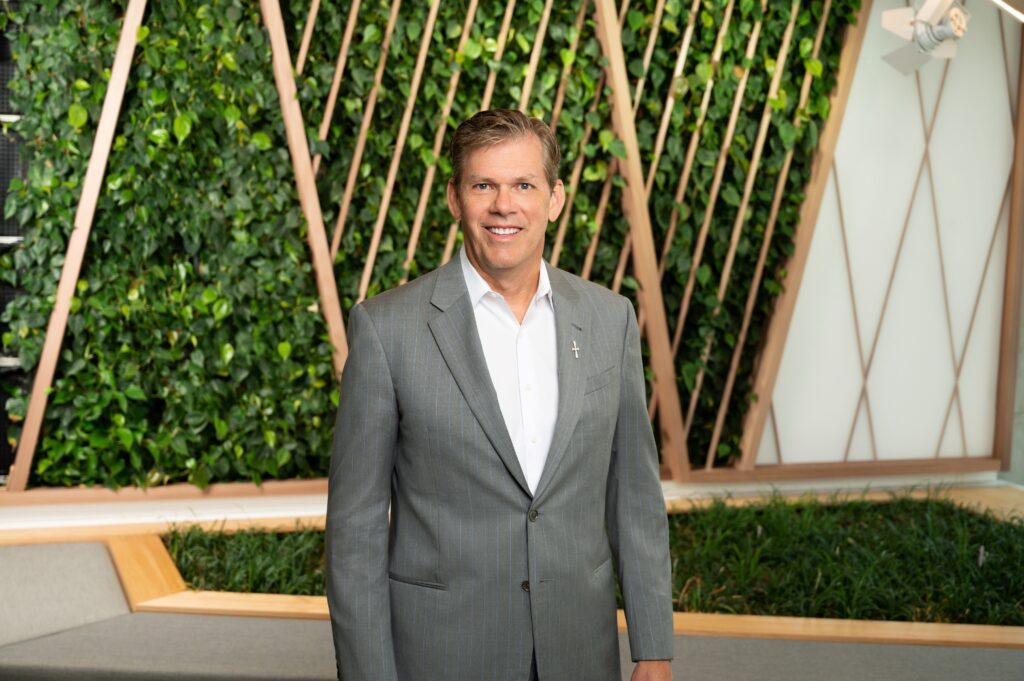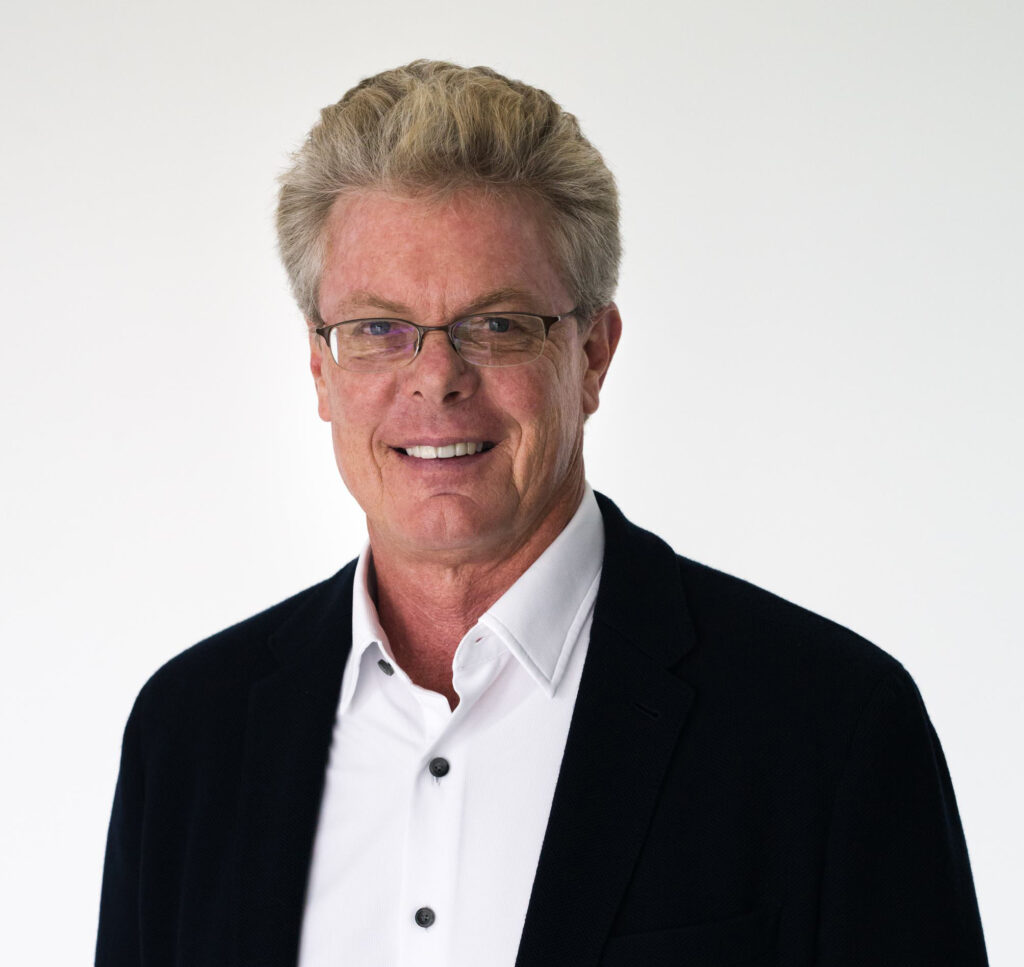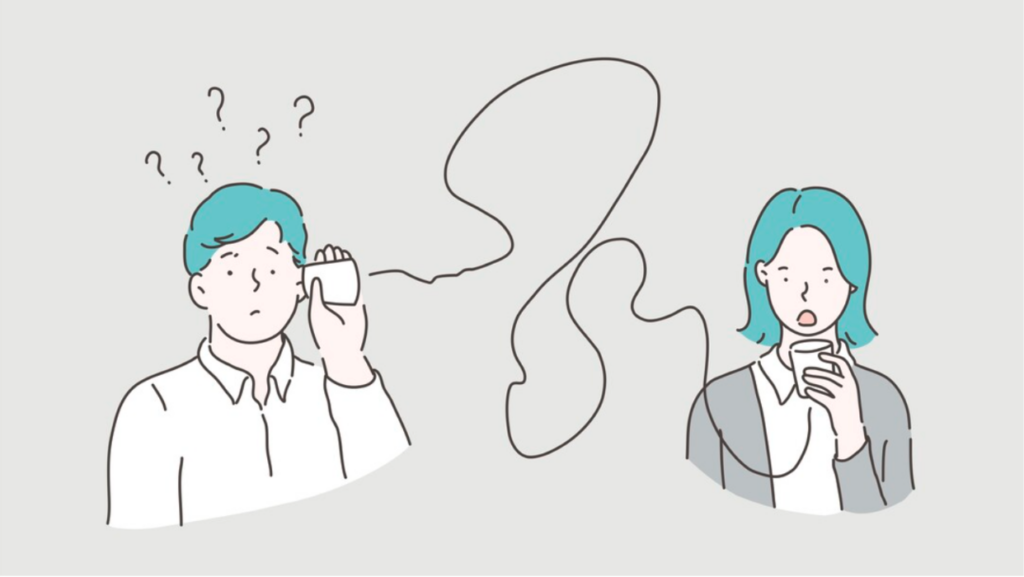Learn to Live in the Moment
- November 21, 2023

Embracing Presence and Purpose for Enhanced Performance
Some CEOs have embraced mindfulness and its benefits for better living and enhanced work performance, but others still have a dismissive reaction to this concept. You are a results-oriented businessperson, not a meditator on a mountain top, right?
The mindful approach, which for this discussion means living intentionally, deliberately, and with growing self-awareness, can have tremendous positive effects on the CEO role. When you are mindful, you’re able to remain centered and calm. You are present in the moment because you’ve turned off your autopilot and approach situations with curiosity and creativity. You’ve rejected the barrage of distractions that keep you from even remembering what you had for dinner last night. You have the energy required to actually focus, which is a prerequisite for success. When you’re mindful, you’ve created peace of mind about bringing together personal life and work into a healthy, integrated whole.
Curiously, most people live in the past or the future, not the present. Think about most people you know. They worry, fear, stress out, are anxious, have expectations, feel regret, etc. What these states have in common is that they are focused either on the past or the future. In today’s digital age, it is easier than ever to be distracted and depleted. Yet all of life, all of creation, happens only in this very moment. No one has ever done something in the future or the past. They always do it in the now. Mindfulness helps you be in the now.
Success Is Not the Same as Fulfillment
Mindfulness is important because it helps you be happier. A person can be successful and not feel happy or fulfilled. Plenty of people end up at the pinnacle of their careers and find themselves lonely, unhappy, and feeling empty and frustrated. It’s not uncommon to meet chief executives who find themselves in this situation, measuring their inner worth by their outward accomplishments. Outward accomplishments are wonderful, but the thrill of achievement wears off rather quickly, and it can be taken away.
It is important to find fulfillment in the process, the journey, the climb, and not to wait for the destination or the achievement. Think of climber who set her sights on scaling a certain mountain. She decides she will only be happy once she has reached the top. But once the climber gets there and enjoys the view for a few minutes, she is restless because she sees the next mountain top. She is already thinking about scaling the next mountain.
What the climber has failed to realize is that all of life happens in the journey, especially the valleys between the mountain tops. If we’re not garnering fulfillment along the way, we’re likely to end up in a perpetual state of fear, stress, anxiety, and frustration as we strive for the next victory. And once we do achieve something big, like securing a CEO role or selling a business, the gratification may only last … what? Weeks? A few days? A couple of hours? That’s why you have to pay attention to mindfulness.
Success is a science, achievable by following certain systems and strategies, but fulfillment is an art and different for each person. It is highly dependent on your personality, values, upbringing, and unique wiring. What makes you happy is different from what makes me happy. As you cultivate mindfulness, remind yourself that the ability to be present today is just as important as tomorrow’s success. Are you being present as you interact with employees? Are you recognizing the plethora of things you could be grateful for, both big and small—like the woman who was upset about having no shoes until she met the man who had no feet? Be grateful for your feet.
Human Being, Not Human Doing
You may have heard this adage: “You are a human being, not a human doing.” Beingness has to do with how you show up in the moment to the people around you. Are you consistently kind and considerate? Are you a good listener who’s appreciative of other people’s views? Or does your mind tend to drift elsewhere, preoccupied with some future outcome you may or may not control, feeling restless and distracted? Who you choose to be as CEO has a tremendous impact on the culture of the organization, the trust you build, and the connection people will feel with you.
Fulfillment in life isn’t about what you achieve—it’s about who you become in the process. At the end of your life, your story and your legacy will not be remembered by the money you earned or the stuff you bought or the deals you closed. You will be remembered by how you made the people closest to you feel. That requires intention and attention.
So, how can you develop intentionality and use each day as an opportunity for personal growth?
7 Tips to Becoming More Mindful, Intentional, and Present
1. Chunk Your Life Into Three Areas
Our brain tends to go from one to two to three to many. It is helpful, therefore, to chunk your life into just three categories such as energy, work, and love. Though these three areas won’t take up equal amounts of time in your day or your week, they are equally important and affect each other. The mindful CEO is aware of all three and the interrelations between them. For example, not having energy is detrimental to work and family, not having work hurts your family’s finances or sense of security, and not having loved ones to share your success with makes the success less meaningful. When you’re able to improve one area, you also improve the others.
To improve your energy, get better at these three things: eating, moving, and resting. Limit the eating of foods that zap your energy; find ways to walk, move, and stand throughout your day; and make resting a priority. To improve your work, schedule at least one time block in your week for Deep Work, which is uninterrupted thinking or working time. One of the best uses of Deep Work time is reviewing this quarter’s top priorities. “Uninterrupted” means turning off notifications on your phone, computer, Slack, etc. Make meeting with yourself a high priority. To improve love, schedule time blocks each week or month with every person in your household (Deep Love) for uninterrupted time with them together and individually. And follow these tips, because mindfulness will cause you to experience more quality time with your loved ones, which is what they want.
2. AM & PM Bookends
n practice, balancing the three categories of your life—energy, work, and love—is tricky. Once your day gets started, you may not always have control over urgent matters that arise at work and intrude into other areas.
The parts of your day you do have a significant amount of control over are the bookends: the beginning and the end of your day. Usually, what you do just after getting up and what you do just before going to bed is completely up to you. Creating routines and rituals for your mornings and evenings gives you the ability to stay centered and grounded, and not get swept by the winds of stress and urgency.
PM Bookend: Start with your PM bookend, because the key to a good tomorrow is a good evening today. If you stay up too late, eat too much, or otherwise drain your energy in the evening, your whole next day will suffer. Determine what time you need to go to bed to get eight hours of sleep, then subtract 30 to 60 minutes for your PM bookend. Athletes now consider rest an important part of their “workout,” as it is critical to optimal functioning. These things can help with restful sleep: establish a routine bedtime, keep a cool temperature in the bedroom and make it as dark as possible, and do nonelectronic activities to signal your body to wind down (a shower, reading a physical book, journaling, etc.).
AM Bookend: Once you have enjoyed a restful and rejuvenating sleep, consider your routine for the AM bookend. Ideally, you want the day to already be a success before you have to react to others’ urgencies. While your mind is clear and undisturbed, and before checking news or email, select habits and routines you would like to install. How about meditation or prayer, exercise, and/or planning? If you have creative thinking to do or a key decision to make, this is a good time to do it. Setting up a healthy AM bookend helps you build the foundation for a confident and intentional day before allowing the world into your mind.
3. Meditation
One of the most powerful tools to reduce stress and increase self-awareness is meditation. Done regularly, meditation helps you become calmer, less reactive, and more aware of your emotions. It also creates a pause between stimulus and action, allowing you to respond from intention rather than impulse. This is tremendously helpful in your close relationships, where buttons are easily pushed and feelings easily hurt.
If you’ve never meditated, set a short minimum daily target so it’s a no-brainer that you can do it; start with as little as two or five minutes. After waking up is the best time for meditation because your mind is calmer. Set a pleasant timer and simply observe your breath as it enters and leaves the body. As thoughts creep in, gently invite your attention to the next inhale and the next exhale. It’s that simple. Meditation apps like Insight Timer, Calm, or Headspace have helpful guided meditations. All you have to do is listen to the instructions. To advance your meditation, you may want to seek out a teacher, possibly in a specific type of practice such as transcendental meditation (TM).
4. Shutdown Complete
One of the pitfalls of the CEO role is that it is never-ending. If you don’t create boundaries around it, you will be checking email and phone constantly. This puts your nervous system in fight-or-flight mode consistently because it causes stress—even if it is stress you enjoy.
A system to help with that is Shutdown Complete. Pick a time in the evening between 5 and 10 p.m. (earlier is better, yes?) when you will commit to shutting down your computer (and phone notifications) until the next day. If you need the phone for your family, consider getting a second phone for personal use so you can turn your business phone off with your computer. Then, after your AM bookend, turn it back on and return to work refreshed.
5. Inbox Zero
David Allen, in his book Getting Things Done, describes the concept of having no emails in your inbox at the end of your day, commonly known as “inbox zero.” The reduction in clutter and increase in clarity when you get to inbox zero is substantial for many CEOs.
First, determine how many times a day you want to check email so you do it intentionally and are not constantly interrupted by notifications that are urgent to someone else. Then, if an email can be dealt with in two minutes, deal with it. If not, create these folders to put it in:
- Important to Do: Things that need to happen today or this week.
- Someday/Maybe: Things that don’t need to happen today or this week.
- Waiting For: Things you’ve delegated and are waiting for, or replies you are waiting for. If they stay here too long, move them to the first folder and ask that person again.
- Events: Emails related to travel or conferences (set aside so they can be found easily).
6. Mindful Eating and Drinking
An easy habit for creating more intention in your life is to be fully present when you eat and drink. Since most people are used to doing something else while eating, start by simply taking two deep breaths before eating and/or drinking. Try to chew slower, tasting the flavors and feeling the texture. Slowing down and being present when nourishing your body not only increases your enjoyment but often prevents you from mindlessly overeating or overdrinking.
7. Gratitude Practice
During your AM or PM bookend, take two minutes to think of at least three things you are grateful for, then truly feel the gratitude in your body. This can be simple (relationships in your life, possessions, experiences) and should include one very simple item—for example, “I am grateful I have eyes to see.”
The more grateful you are for what you have, the more you will receive to be grateful for. Some of the richest people in the world feel poor because they don’t feel grateful, and some of the poorest people feel wealthy because they are grateful for the simplest blessings in their life.
The 21-Day Challenge
If you want to change your life, change your life. To introduce mindfulness into your life, or enhance your current practices, pick two or three or all seven of these tips and do them for 21 days. Daily application is important but give yourself grace if you miss a day. Notice how you feel after these three weeks, and ask the people around you if they’ve noticed any changes. The most important thing is to become more aware of your patterns and habits because this awareness is the first step to making progress.






